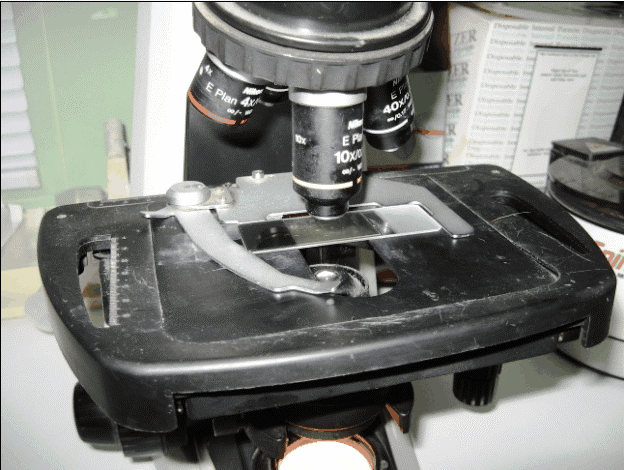Intestinal parasites
The majority of Puppies have parasites since they can be infected for many reasons:
1. vertically, the mother is the source, there are some parasites which become active during labour and are transmitted to the puppy by means of the placenta or colostrum.
2. horizontally, from the faeces of other puppies or adult dogs with which they live after being separated from their mother, for example in pet shops.
3. through a vector, animals which are flea infested. We need to know that we don't only need to get rid of the fleas, but we need to get rid of the parasites these little animals carry with them. Fleas will transmit intestinal parasites we will need to treat.
Even if we aren't able to see the parasites in the faeces, this doesn't mean they aren't there. Adult parasites live inside the organism and it is just the egg which come out in the faeces to close the cycle and try to infect the same or another animal. These microscopic eggs are dangerous at a zoonosis level (it means they can affect humans). Due to this, the cycle needs to be closed orally, which is unlikely to happen under good hygiene habits. However, it is more often in children, who are always touching everything and then bringing their hands to their mouth.
The only way of knowing if our pet has parasites for sure is by performing some tests. We need to take a sample of their faeces to the veterinary for analysis. This way, we will know what type of parasite it has (if any). It is common for an animal to have different types of parasites.

This is the only way of seeing the eggs left by parasites; through the lens of a microscope.
With proper treatment, and if there are no symptoms of any disease, it will disappear quite easily. When we are dealing with an adult dog, we administer tablets every 3 months to deal with the most common parasites. As we administer the treatment, we will notice the dead adult parasites in their faeces. These become loose from the intestinal walls and are dragged to the outside. These are not contagious. They come in 3 different shapes, which we need to notice to let the veterinary know:
1. round worms.
2. grains of rice.
3. flat worms.
We haven't talked about the symptoms, since as the parasite load increases, the puppy will begin to suffer from a disease, in a global level. These will let us suspect the presence of parasites:
Diarrhea, in some cases with mucus/snot, in others with blood traces.
Animals with little hair/fur quality.
A delay in their normal growth.
In advanced cases, a visibly swollen stomach (due to the lack of proteins)

